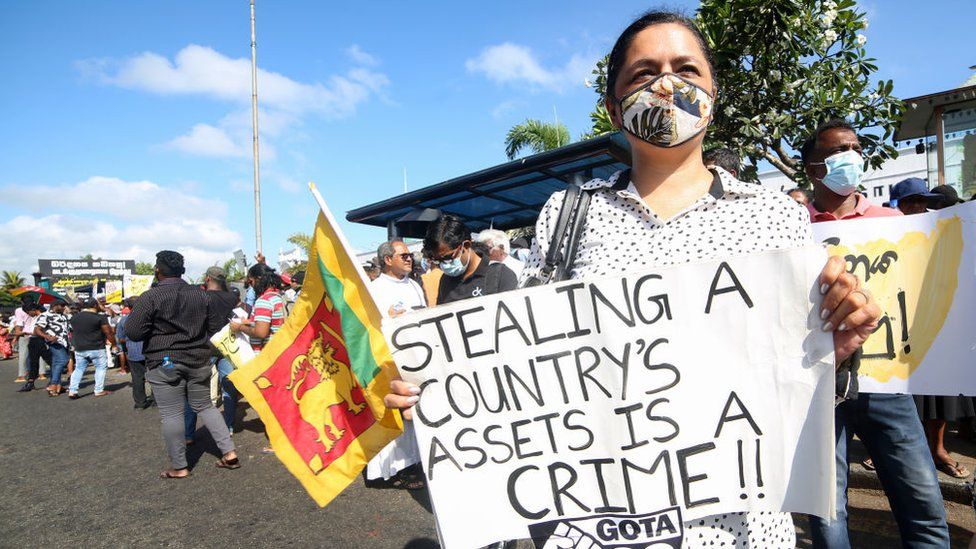The importance of accountability in governance has become manifest both nationally and internationally in the Supreme Court decision with regard to the Easter bombing and the Canadian government’s sanctions for human rights violations respectively. The Supreme Court has determined that former president Maithripala Sirisena and four senior members of the security hierarchy are liable for negligence in their responsibilities which led to loss of life and limb to more than five hundred innocent persons. This is a landmark decision in a context in which impunity and lack of accountability has been marked in the public life of the country.
Obtaining high positions in the state has for too long been viewed as a perk and privilege of those who have won elections or been closely associated with those who wield political power. Holding high office in Sri Lanka has come to be seen as an opportunity for self-gain and to dish out patronage rather than to serve the national interest. The National Peace Council welcomes the intervention by the highest national judicial authority to hold accountable some of those who held the highest executive positions in the country for the disastrous failure to protect the civilian population in the face of repeated warnings of an imminent attack.
We note that there are other cases filed before the courts of law in regard to the economic collapse that the country went through last year and in which it continues to be mired. This economic collapse has blighted the lives of the vast majority of people and thrown more than forty percent of the people below the poverty line. We hope that the justice obtained by the several hundreds of victims of the Easter bombing will be obtained by the several millions of victims of the economic collapse. Those who are guilty of economic crimes of deliberate mismanagement and fraud need to be similarly held accountable and made to pay for their crimes.
One of the consequences of the failure to deal with accountability issues in the past has been the opening of the door to international interventions in regard to human rights through both the UN Human Rights Council and action by individual foreign governments. The Canadian government last week noticed former presidents Mahinda and Gotabaya Rajapaksa and two military officers as subject to targeted sanctions on account for violation of international human rights. The Canadian government has justified its stance on the basis that Sri Lanka has failed to hold those guilty of such crimes accountable through national judicial processes.
The UN Human Rights Council has highlighted economic crimes in the country. Economic crimes are where political leaders and their associates have stolen the assets of the country and hidden them in the country or abroad. The UN has a Stolen Assets Recovery Program (STAR) to deal with this international menace. The present government needs to bring in a law to persist with stolen asset recovery, which is essential to ensure that ill-gotten gains are used to fill the near empty coffers of the country.
The momentous events of the past week would come as a shock to the Sri Lankan people who have already been subjected to heavy shocks over the past year. The salutary aspect of these cataclysmic events is that the principle of accountability is more likely to become institutionalized in Sri Lankan institutions and in the consciousness of the people. The activation of national accountability mechanisms as demonstrated by the Supreme Court will help to ward off international intervention and usher in national development. The National Peace Council is hopeful that as a result those who obtain positions of power and national leadership will act with a sense of responsibility to all the people of the country rather than with contempt for them and their human rights.
Press statement/ National Peace Council/15.01.23
